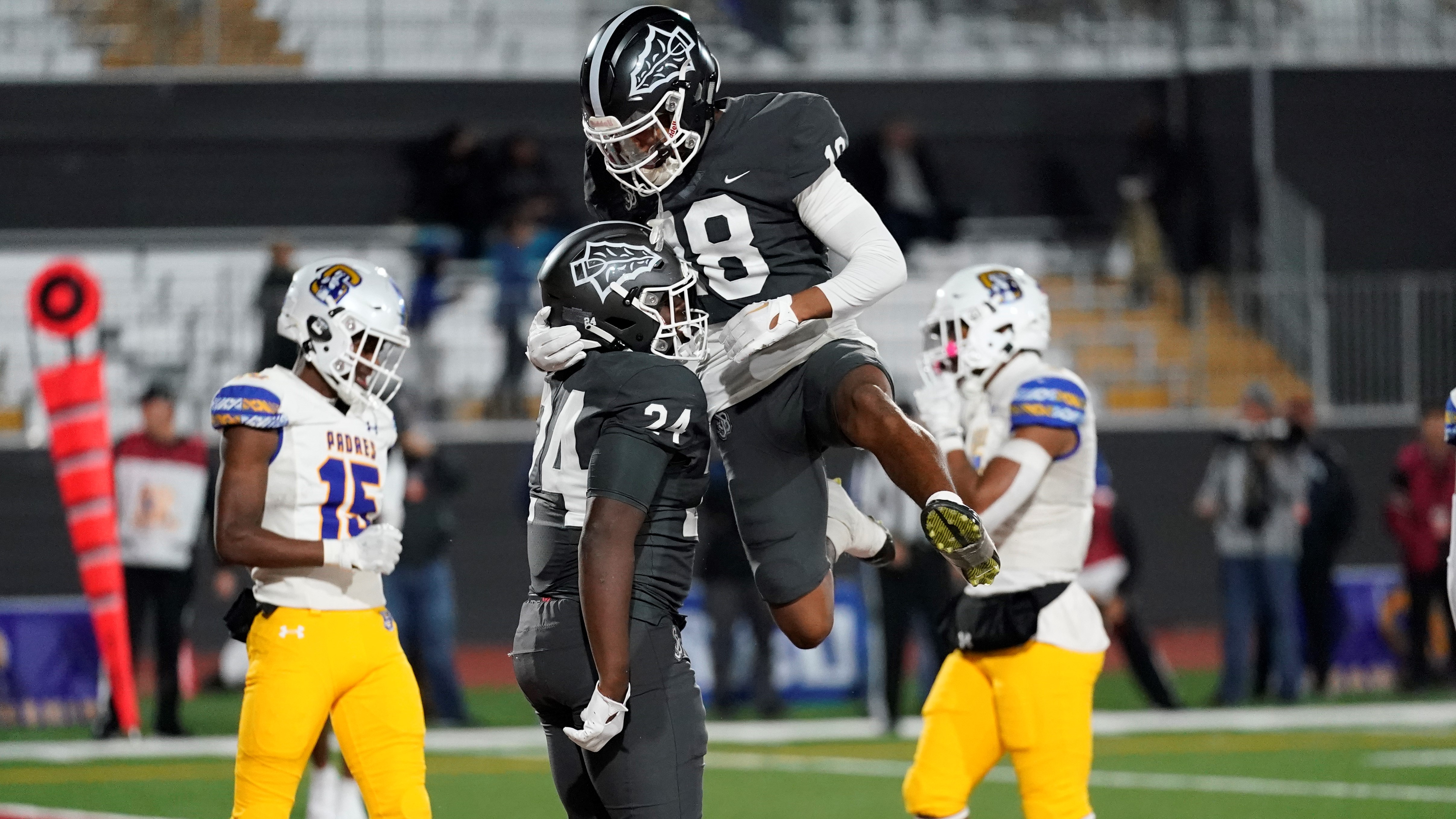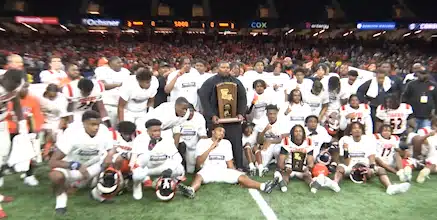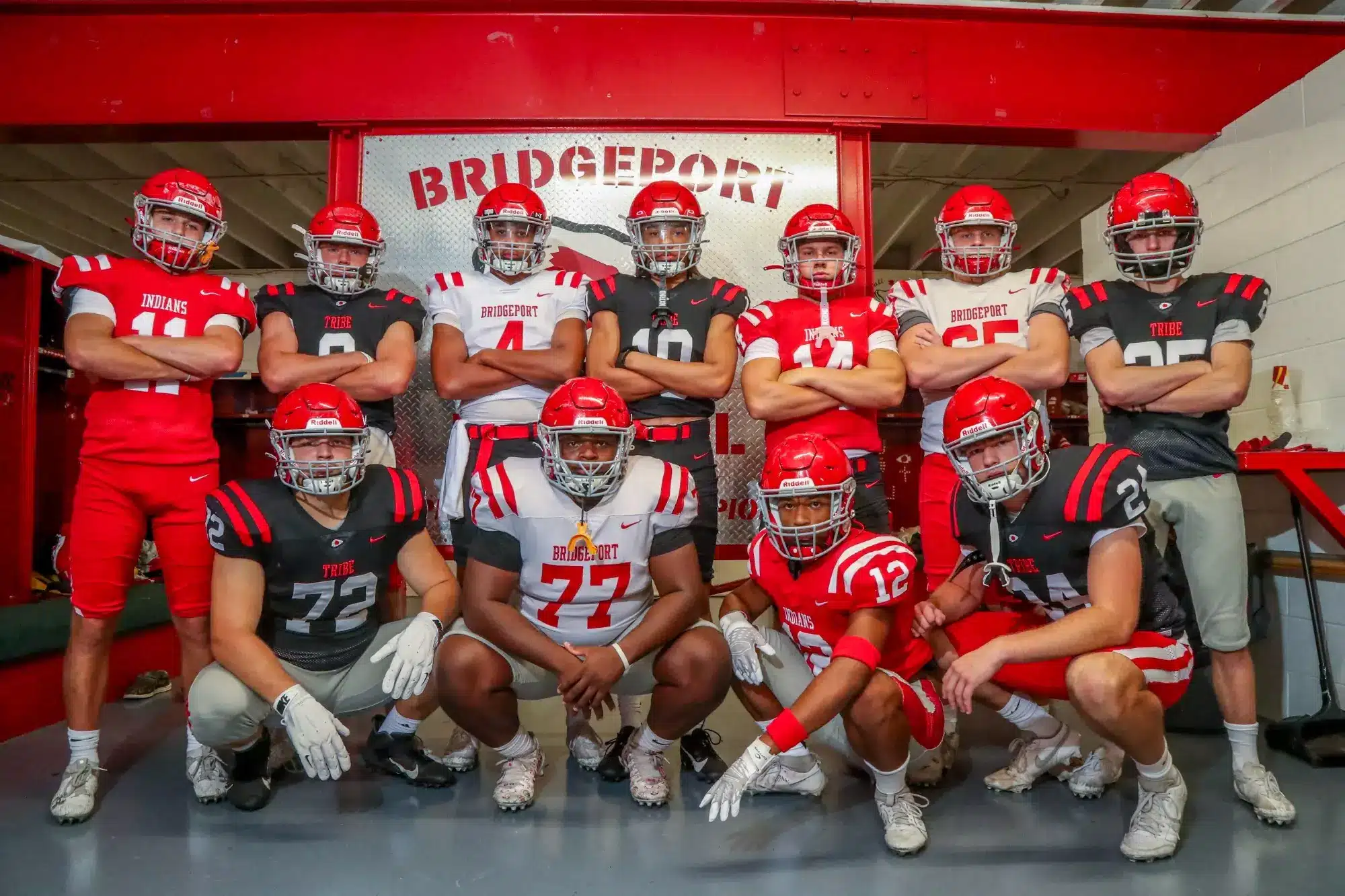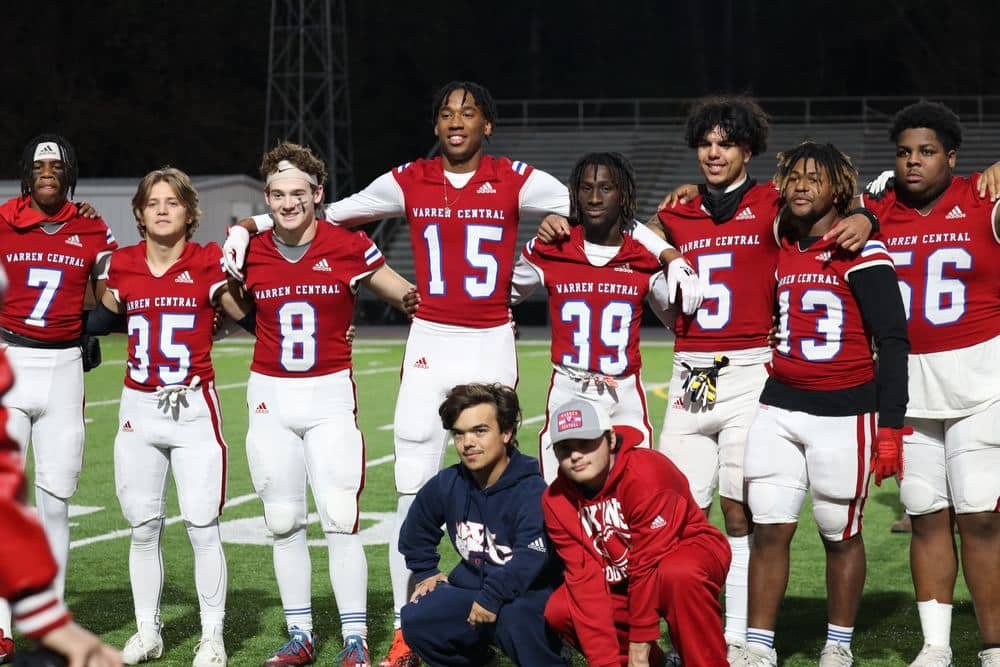High school football typically starts in late summer or early fall. This time varies by location and school district.
Football season is an exciting period for students, parents, and fans. It marks the start of intense practices, team bonding, and thrilling games under the Friday night lights. Knowing when high school football starts can help you prepare and plan.
Each region has its own schedule, but most follow a similar timeline. As summer ends, players and coaches gear up for the season ahead. This preparation includes conditioning, strategy sessions, and scrimmages. Understanding the start of the season gives you a chance to support your local team. It also helps you join in the community spirit that high school football brings. So, when does high school football start? Let’s explore the general timeline and key dates.
Season Start Dates
High school football is an exciting time for many students and their families. The start of the season can vary based on location and other factors. Understanding when the season begins helps players and fans prepare for the action ahead.
Regional Variations
The start dates for high school football can differ based on the region. In some states, the season kicks off earlier due to warmer climates. In others, it may begin later to avoid extreme weather conditions.
For example, schools in the Southern states often begin practicing in late July. Meanwhile, schools in the Northern states may start in August to avoid the peak summer heat.
Typical Start Months
Generally, high school football seasons start in late summer or early fall. The most common start months are:
- July: Some schools in warmer areas start practice in late July.
- August: Most schools begin their football season in early to mid-August.
- September: A few schools, especially in cooler regions, start in early September.
Knowing these typical start months helps in planning for the season. Players can prepare physically and mentally for the challenges ahead.
Pre-season Preparation
High school football excitement begins well before the first game. Pre-season preparation is crucial for players to get ready. This phase includes intensive training and conditioning.
Training Camps
Training camps are the heart of pre-season preparation. These camps help players improve their skills and teamwork. They usually start in late summer. Coaches focus on various drills to sharpen techniques. Players practice tackling, passing, and blocking. Team strategies are also a key part of these camps. Coaches develop plays that will be used throughout the season.
Conditioning Programs
Conditioning programs are another vital component of pre-season. These programs ensure players are in top physical shape. Conditioning includes cardio exercises and strength training. Players often run sprints and do weight lifting. Flexibility exercises are also important. Stretching helps prevent injuries during the season. Proper nutrition is also emphasized. Players need balanced diets to fuel their bodies.
Here’s a typical pre-season conditioning schedule:
| Day | Activity |
|---|---|
| Monday | Cardio and agility drills |
| Tuesday | Strength training |
| Wednesday | Speed and endurance workouts |
| Thursday | Flexibility and balance exercises |
| Friday | Combination of strength and cardio |
Pre-season preparation sets the foundation for a successful high school football season. Players and coaches work hard to ensure they are ready for the challenges ahead.
Practice Schedule
High school football season brings excitement and anticipation. Understanding the practice schedule helps players and parents prepare. Practice sessions lay the foundation for success on the field.
Daily Routine
Players start their day early with morning workouts. These include stretching, running, and strength training. Coaches emphasize punctuality and discipline. After school, practice resumes with drills and strategy sessions. Focus shifts to teamwork and skill development. Evening sessions often include scrimmages and game simulations. Consistency in the daily routine builds stamina and unity.
Intensity Levels
Practice intensity varies throughout the week. Early in the week, sessions are intense and demanding. Players work on conditioning and technique. Midweek practices balance between high intensity and recovery. Focus includes refining strategies and mental preparation. Later in the week, intensity reduces to avoid burnout. Light practices help players recover and stay sharp. Coaches adjust intensity to keep players motivated and injury-free.

Credit: playfootball.nfl.com
Key Dates To Remember
High school football season brings excitement and anticipation. Knowing the key dates ensures you never miss a moment. Mark your calendar and get ready for an unforgettable season.
First Practice
The first practice is a significant event. It usually begins in early August. Players gather, meet coaches, and start training. This is a crucial time for building team spirit and strength.
Check with your school for exact dates. Each state may have different rules and schedules. Preparing early gives players an edge.
First Game
The first game usually kicks off in late August or early September. Teams showcase their skills and strategies. Fans fill the stands, cheering loudly. The atmosphere is electric.
Here are some typical first game dates by region:
| Region | First Game Date |
|---|---|
| Northeast | Late August |
| Midwest | Early September |
| South | Late August |
| West | Early September |
Don’t forget to check your school’s schedule. Each team may have specific dates and times.
Get your gear ready. Be there to support your team. The season will be thrilling.
Important Pre-season Events
High school football is an exciting time for students, parents, and the community. As the season approaches, several key events help prepare teams for the challenges ahead. These pre-season activities are essential for developing skills, building team spirit, and ensuring readiness for the first game.
Scrimmages
Scrimmages are practice games that simulate real match conditions. These are vital for players to test their skills against live opponents. Coaches use scrimmages to assess the team’s strengths and weaknesses. They also help in finalizing strategies for the season. Watching scrimmages can be thrilling for fans as they get a sneak peek at the team’s potential.
Team Bonding Activities
Team bonding activities play a crucial role in fostering unity among players. These activities range from simple ice-breaker games to more structured events like team dinners and retreats. Bonding activities help players to trust and support each other. This unity translates to better coordination on the field. Coaches often notice a significant improvement in team morale after these events.

Credit: www.stairwaytobeauty.ie
Equipment Checklist
High school football season is an exciting time for players and fans. Before stepping onto the field, players need to prepare with the right gear. An equipment checklist ensures safety and readiness for the game.
Essential Gear
Players need several key items to play football effectively. First, a well-fitted helmet protects the head. Next, shoulder pads offer vital protection. They must fit snugly. A durable jersey and pants are also necessary. They should be comfortable and allow easy movement.
Football cleats provide grip on the field. Choose cleats that fit well and are suited for the playing surface. Gloves improve grip on the ball. Many players prefer them. A mouthguard is essential for protecting teeth and gums. Always keep a spare mouthguard in your bag.
Safety Equipment
Safety equipment is crucial for preventing injuries. A helmet with a proper fit reduces the risk of head injuries. It should have a secure chin strap. Shoulder pads absorb impact and prevent shoulder injuries. Ensure they cover the shoulders completely.
Knee pads and thigh pads protect the legs. They fit into pockets inside the football pants. Players also need a protective cup. This piece guards against groin injuries. Don’t forget to check the fit of all safety gear. It should not be too tight or too loose.
Tips For Players
As the high school football season approaches, players must prepare in various ways. Staying fit, managing schoolwork, and getting ready for practice are all key. Here are some tips to help players succeed.
Staying In Shape
Players must maintain good fitness levels before the season starts. Here are some exercises and tips:
- Daily Runs: Jog or run for at least 30 minutes daily.
- Strength Training: Focus on core, arms, and legs. Use weights or bodyweight exercises.
- Flexibility: Stretch before and after workouts. Yoga can help improve flexibility.
A combination of these exercises will build endurance and strength.
Balancing Academics And Sports
Managing time between studies and football is crucial. Here are some tips:
- Create a Schedule: Plan study time and practice sessions. Stick to it.
- Prioritize Tasks: Focus on important assignments first. Do not procrastinate.
- Stay Organized: Use a planner or app to keep track of deadlines and games.
Keeping a balance will help players excel both on the field and in class.
Parental Involvement
High school football is more than just a game. It’s a community event. Parents play a key role in this experience. They support their kids and help build team spirit. Parental involvement is crucial for a successful football season. Here are some ways parents can get involved.
Supporting Your Child
Parents can support their children in many ways. First, ensure they have the right gear. Proper equipment helps prevent injuries. Encourage your child to stay fit and practice regularly. Offer to help with drills or practice routines at home.
Nutrition is also important. Provide healthy meals to keep your child energized. Hydration is key, so remind them to drink plenty of water. Show interest in their progress. Ask about their day and practice sessions.
Emotional support is vital too. Cheer them up after a tough game. Celebrate their achievements, big or small. Your encouragement will boost their confidence.
Attending Games
Being present at games shows your child you care. Your support from the stands can be a huge morale booster. Attend as many games as you can. Bring the whole family along for added support.
Cheering for the team creates a positive atmosphere. Respect the players, coaches, and referees. Positive energy from the crowd can uplift the team’s spirits.
Consider volunteering at games. Help with ticket sales, concessions, or other tasks. Your involvement makes a big difference.
Below is a table that highlights the different ways you can support your child and the team during the football season:
| Activity | Description |
|---|---|
| Provide Proper Gear | Ensure your child has safe and suitable equipment. |
| Encourage Fitness | Motivate your child to stay fit and practice regularly. |
| Healthy Meals | Offer nutritious meals to keep them energized. |
| Attend Games | Show support by being present at their matches. |
| Volunteer | Help with game day activities and tasks. |

Credit: www.uticaschools.org
Frequently Asked Questions
When Does High School Football Season Begin?
High school football season typically begins in late August or early September. The exact start date can vary by state and school district.
How Long Is The High School Football Season?
The high school football season usually lasts around 10 to 12 weeks. It includes regular-season games and playoffs.
Are High School Football Games Played On Fridays?
Yes, high school football games are commonly played on Friday nights. However, some games might also be scheduled on Thursdays or Saturdays.
When Do High School Football Tryouts Start?
High school football tryouts often start in early August. This allows teams to prepare and practice before the official season begins.
Conclusion
High school football season brings excitement to communities. It usually starts in late August. Teams practice all summer to prepare. Everyone looks forward to the first game. Parents, students, and fans cheer for their teams. Football games build school spirit and unity.
Keep track of your local schedule. Don’t miss the kickoff. Enjoy the thrill of high school football. Support your local team this season.




